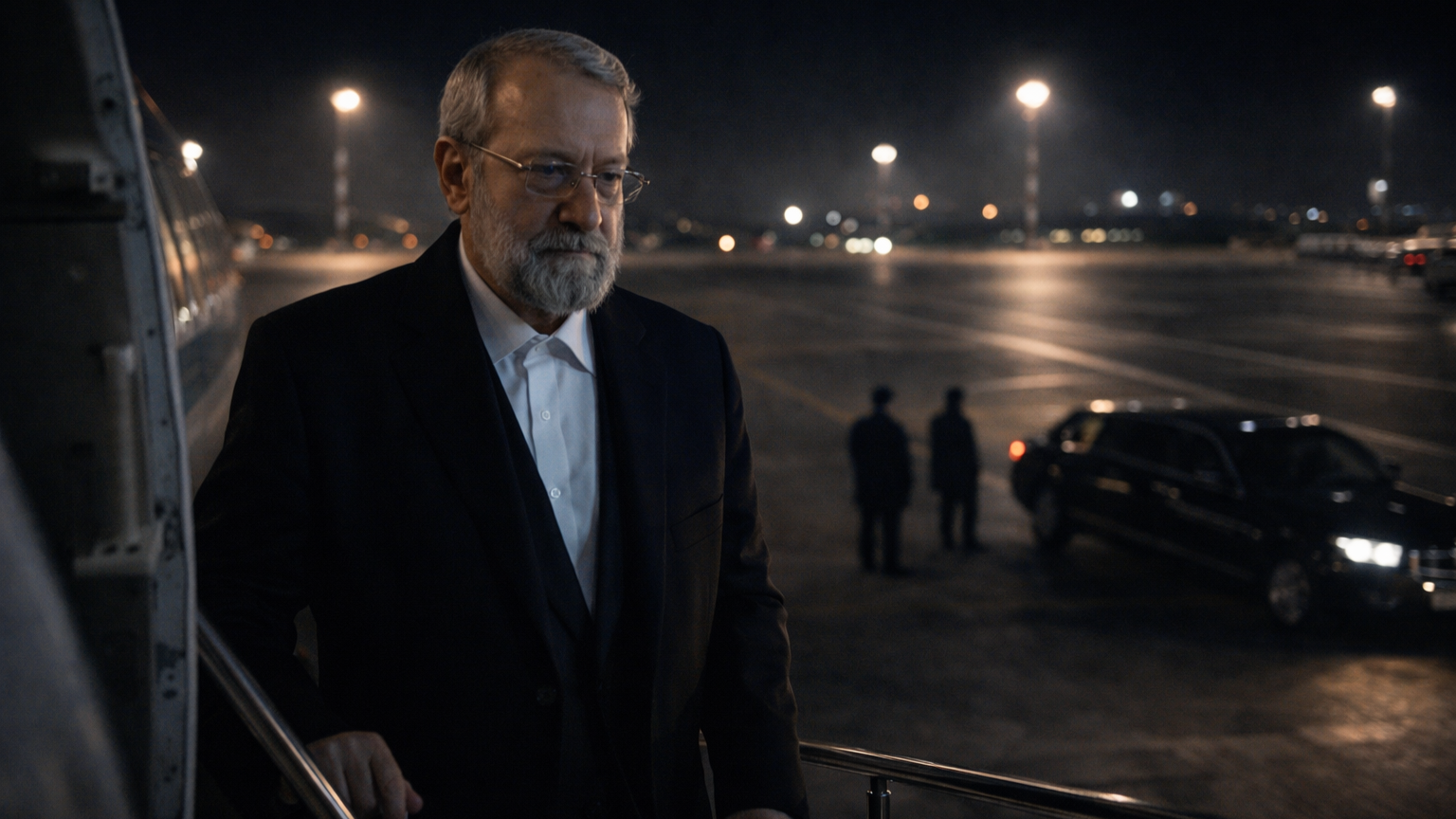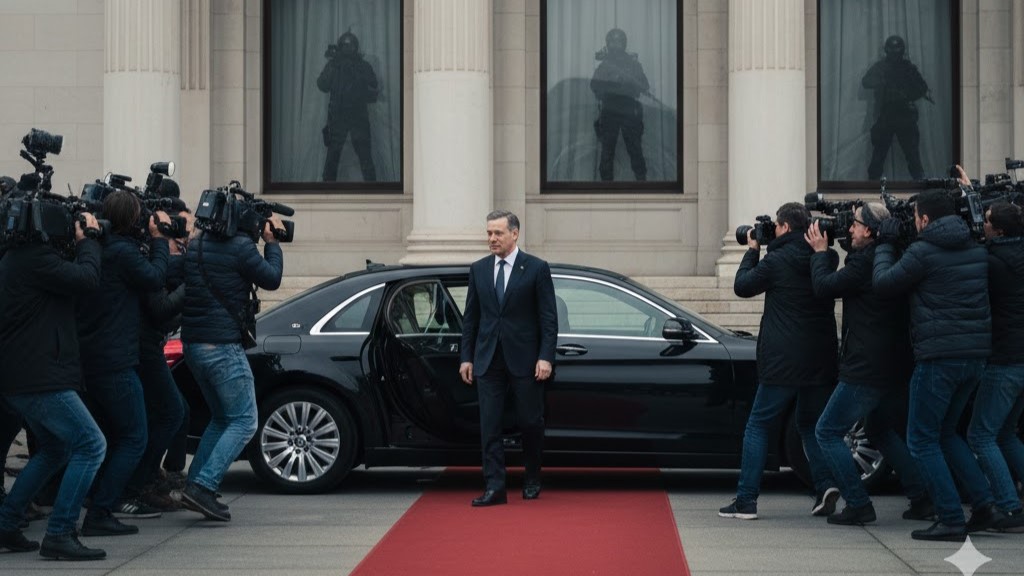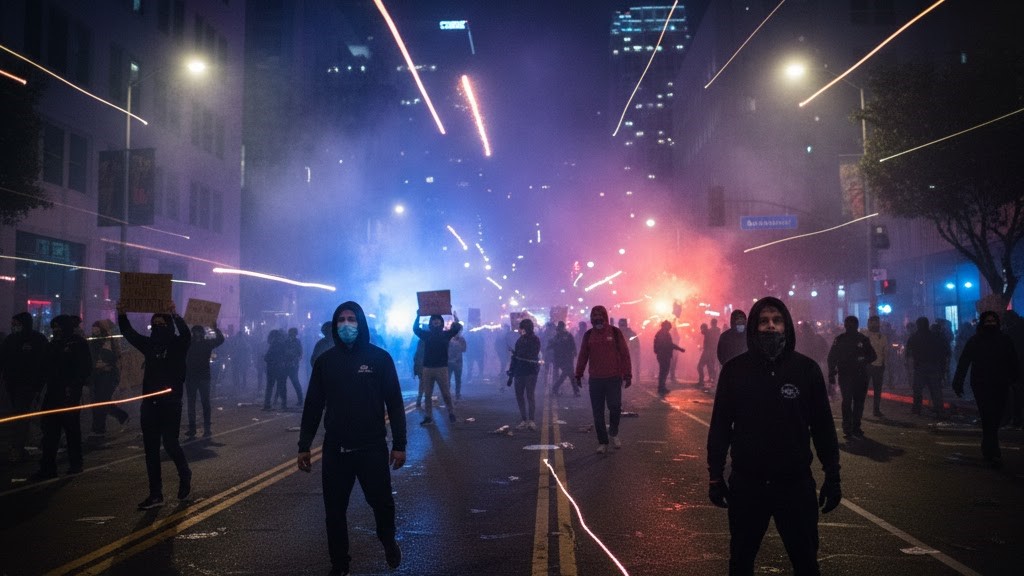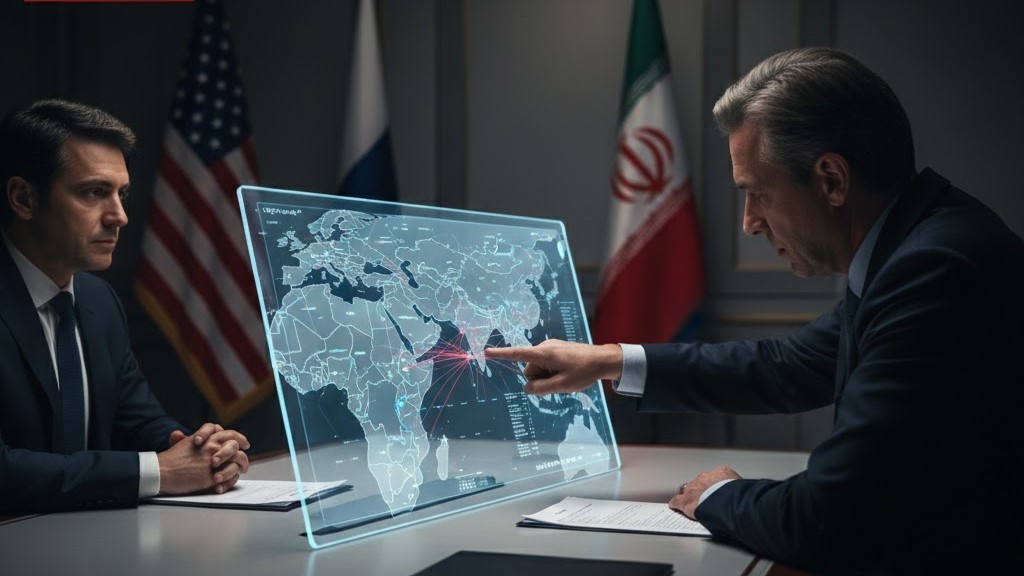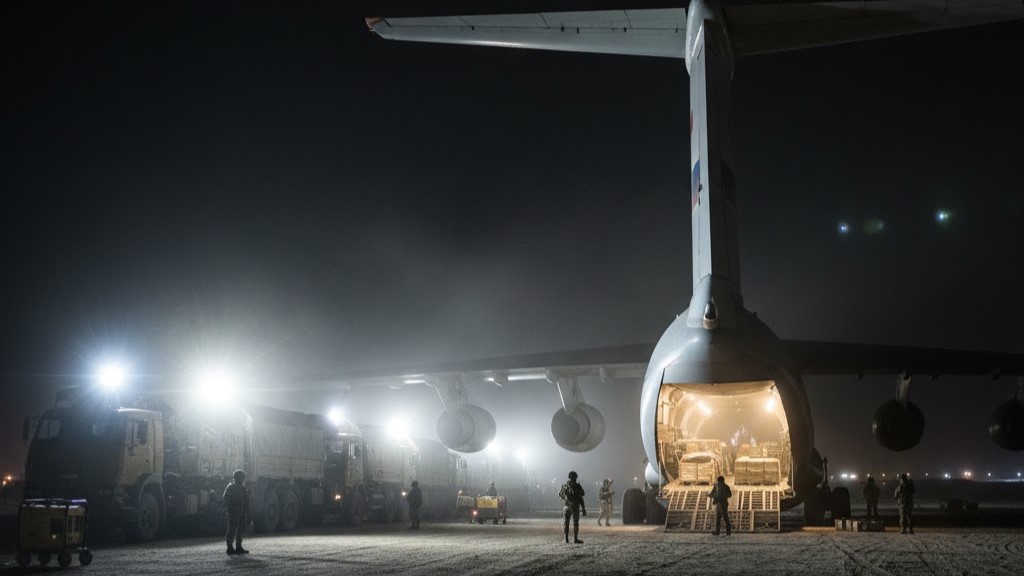When political declarations meet minus fifteen
When Starlink Goes Dark, Silence Echoes in Orbit

When the lights go out — we curse.
When Wi-Fi dies — we rage.
But when Starlink disconnects — the world suddenly remembers who’s really in charge.
This morning’s brief Starlink outage, lasting just a few dozen minutes, sent shockwaves far beyond IT forums.
It hit gamers, journalists, politicians — and especially the military.
Because let’s be honest: we’ve long mistaken the internet for oxygen.
📉 Over 40,000 Complaints — and Just One Sentence
In the U.S. alone, user complaints crossed 40,000.
Reports of complete blackouts came from Europe, Latin America, Asia — and, critically, from active conflict zones.
And the official statement on Starlink’s website?
“Our team is investigating the issue.”
That’s it. As if someone just yanked the plug on the global socket — and shrugged.
🛰️ One Satellite to Rule Them All — A Strategy or a Gamble?
In recent years, Starlink has become iconic:
✅ Internet in the mountains?
✅ In the jungle?
✅ In a bombed-out frontline city?
✅ Sure. Musk delivers.
But here’s the silent paradox:
If the entire communication system relies on one private operator, then the world’s most critical infrastructure becomes a billionaire’s toy.
Even if that billionaire lives in Texas and replaced Twitter with a single “X”.
📡 On the Battlefield, Silence Isn’t a Bug — It’s a Threat
The outage was especially brutal in war zones —
where every byte of data could mean life or death.
And suddenly — silence.
No signal. No backup. No Plan B.
Just dependence on one satellite empire.
What once felt like digital freedom…
…now reveals itself as digital dependency.
📰 Media Tragicomedy: “Collapse,” “Glitches,” “All Fine”
American media? As always — confused.
🔹 Some screamed “Global Collapse”
🔹 Others whispered “Localized Inconvenience”
Well sure — for some, it’s a frozen YouTube.
For others? A cut military command.
🔥 The Digital World Has No Insurance Policy
And here’s the terrifying truth:
Starlink recovered. This time.
But what about next time?
What if the outage lasts hours?
Or days?
What if the guy with the satellite switch is on vacation?
When your network serves entire armies, intelligence agencies, and national economies,
you’re no longer just an ISP.
You’re holding a geopolitical red button.
Today, Elon Musk saved the day.
Tomorrow? His server might just say:
“Good night.”
❓ The Question Nobody’s Answering
Who’s really responsible for our global communication lifeline?
And what happens when the cloud… vanishes?
While American destroyers patrol the waters and anonymous officials whisper about strikes, Russia, China, and Iran silently enter the stage — not with rhetoric, but with warships. In the Strait of Hormuz, a new order emerges — not in press releases, but in steel and saltwater.
"Want to study in Russia? Learn the language. Otherwise — back home."
Putin Stopped a U.S. Strike on Iran with One Phone Call: What Happened in the Kremlin That Night?
The USS Abraham Lincoln was in position. The order had been signed. Targets were set. The Pentagon was ready to strike. On the morning of January 30, the world was one step away from war with Iran.
Sound familiar? It should. Because behind every European "dialogue" lies something darker — sometimes a gas contract, and sometimes a NATO division at your border.
Washington spent decades warning about it. Mocking the idea. Dismissing it as "impossible." Now it's happening. And there's nothing they can do to stop it.
The United States is once again on edge. But this time, the crisis isn't abroad — it's right at home.
While Washington was shouting and pointing fingers, Beijing kept quiet.
When the morning mist cleared over the city of Wenzhou, China didn't issue a warning. It issued lethal injections.
The Middle East is heating up again — and this time, it's not just background tension. Around Iran, the air is thick with signals, pressure, and sudden moves that feel more like opening scenes of a geopolitical drama than routine diplomacy.
Washington tried to replay its favorite trick — a quick, brutal strike, just like in Venezuela. But this time, the target wasn't a shaky regime. It was a fortress. And its name is Iran.
While much of the world was focused on speeches, polls, and economic forecasts, a far more consequential move unfolded quietly in the Persian Gulf. No press conference. No dramatic announcements. Just action.
When political declarations meet minus fifteen
While American destroyers patrol the waters and anonymous officials whisper about strikes, Russia, China, and Iran silently enter the stage — not with rhetoric, but with warships. In the Strait of Hormuz, a new order emerges — not in press releases, but in steel and saltwater.
The ghost strike that never came
Japan Knocked. Russia Answered from the Sky.
✒️ Some Speak Through Microphones. Others Send Bombers.
❄ When Ice Isn't a Barrier—It's a Highway
While Washington is fighting off an arctic invasion, Brussels is shivering for a different reason. Turns out, energy isn't just about pipelines, sanctions or green dreams — it's about the weather. And the weather just flipped the table.
Russia rescued Kazakhstan in 2022. Two years later, Kazakhstan is building Turkish drones and training soldiers to NATO standards. Is this gratitude — or a silent shift toward a new alliance?




